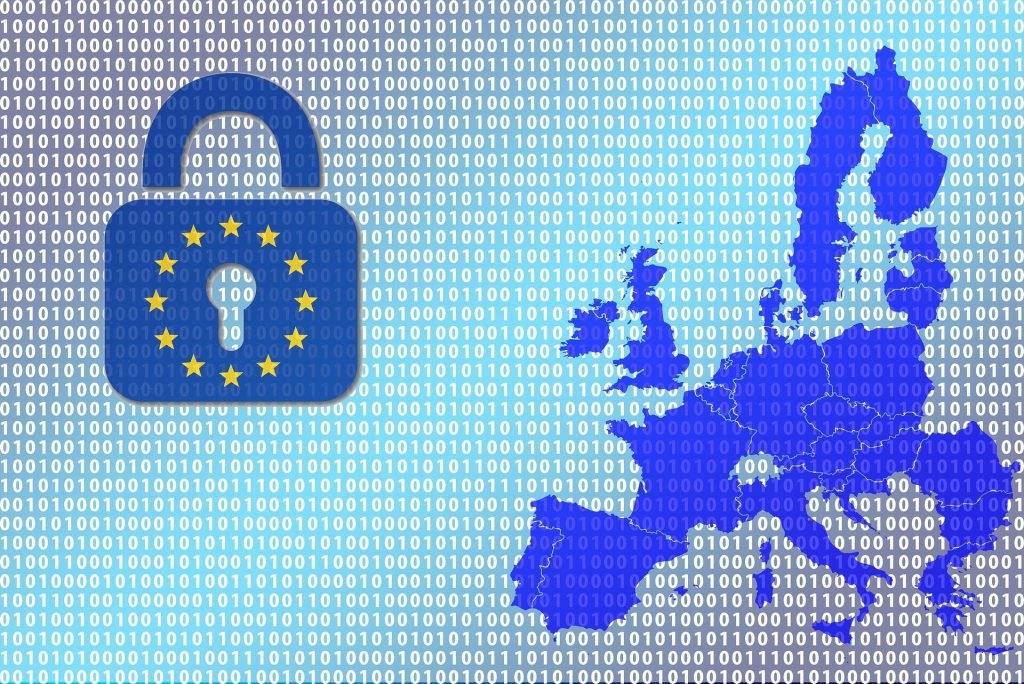The General Data Protection Regulation (GDPR) is a set of regulations created by the European Union (EU) to protect the privacy of individuals and their personal data. It was introduced on May 25, 2018, and applies to all businesses that process personal data of EU & UK citizens. in the UK is has been enshrined into UK law since the UKs departure from the EU.

If you’re a business owner or handle personal data, it’s important to understand the basics of GDPR to ensure that you’re compliant and your customers’ data is protected.
The Focus Of GDPR
GDPR is focused on protecting personal data, which includes any information that can identify an individual, such as their name, address, phone number, email address, and even their IP address. Any data that can be linked to an individual is considered personal data and is protected under GDPR.
Consent is Key
One of the most important principles of GDPR is obtaining consent. Before collecting personal data, you must obtain the individual’s consent. Consent must be given freely, and the individual must be informed about the purpose for which their data will be used. The consent must also be specific and unambiguous. For example, if you are collecting an email address for a newsletter, you cannot use that email address for other purposes without obtaining additional consent.
Only collect what you need
Another key principle of GDPR is using personal data only for specified purposes. You can only use personal data for the specific purpose for which you obtained it. You cannot use it for any other purpose without obtaining additional consent.
Individual Rights
Individuals also have the right to access their personal data and to request corrections if the data is inaccurate or incomplete. As a business owner or data processor, you must provide access and allow correction within a reasonable time frame.
It’s also essential to take steps to protect personal data from unauthorised access, disclosure, or loss. This includes implementing appropriate security measures such as encryption and regular backups. If personal data is breached or lost, you must report it to the appropriate authorities and individuals affected within 72 hours. You must also have a plan in place for responding to data breaches.
GDPR Effect Everyone
The regulation applies to all businesses, regardless of their size or location, if they collect or process personal data of EU citizens. As a business owner or data processor, you are responsible for ensuring compliance with GDPR and should be familiar with the requirements. Failure to comply with the regulation can result in hefty fines and damage to your business’s reputation.
In conclusion
GDPR is a set of regulations designed to protect personal data of EU citizens. As a business owner or data processor, it’s essential to understand the basics of GDPR to ensure that you’re compliant and your customers’ data is protected. By following the principles of GDPR, you can maintain the trust of your customers and avoid costly fines.














